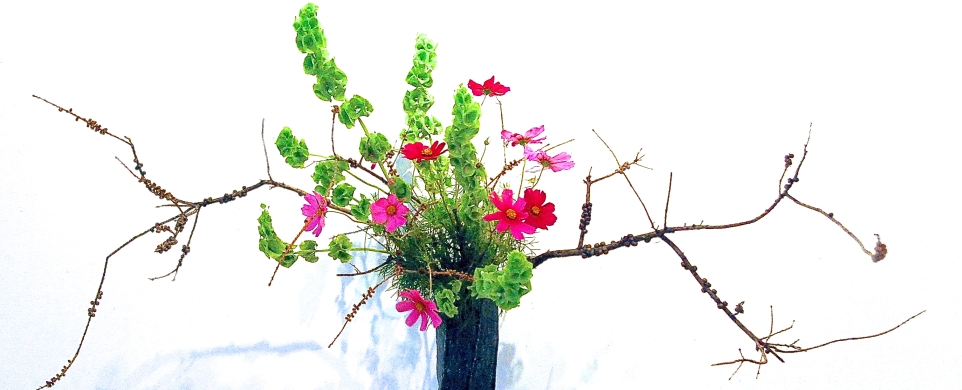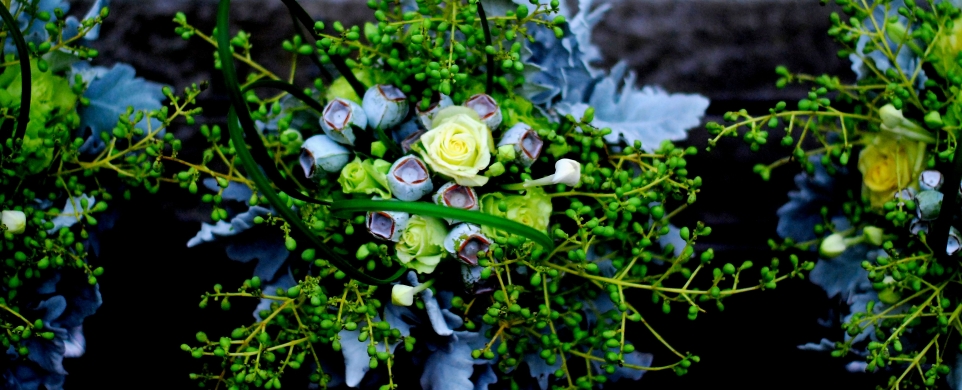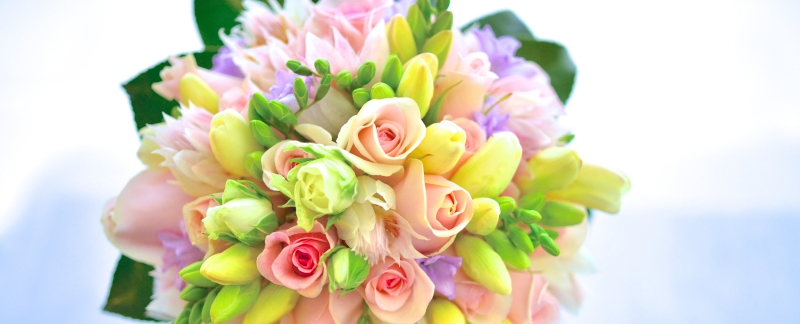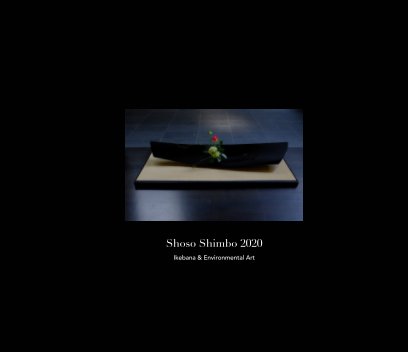The ninth of the Ten Virtues of Ikebana is to be elegant all the time. This is about the highest state of mind that Ikebana practitioners can attain and it has a spiritual aspect as well. This is the state where a person can become one with nature. Is this state related to Buddhism, or is it Shinto?
In the development of Ikebana since the Muromachi period, Buddhist monks, in particular, Ikenobo monks have played a very important role. Aa a result, it is often pointed out that there is a close relationship between Buddhism and Ikebana. Some people associate Ikebana with Zen, but Ikenobo does not belong to Zen Buddhism but to the Tendai sect of Buddhism.
It seems a bit confusing when it comes to the philosophical aspects of Ikebana. Actually there are so many aspects of Ikebana culture that have not been adequately investigated academically.
To become one with nature seems to be the essence of Shinto. However, the Shinto scholar Takeshi Mitsuhashi argues that the Buddhist enlightenment is freedom from any attachments and that is the same as Makoto in Shinto. The goal of both religions seems to be the same. There may be many ways to achieve spiritual enlightenment, but there is only one goal. That seems to be the Japanese way.
I made this work for Lesley Kehoe Galleries. The form of the container helped fix the materials. As an international gallery, this gallery always shows wonderful contemporary Japanese art works but the gallery itself has a great atmosphere.
We started an Ikebana competition for Ikebana students to further promote Ikebana in Australia. We are pleased that Ms Kehoe has become one of the judges. I’ll talk more about the competition near future. See the below for the details,
http://www.shoso.com.au
































